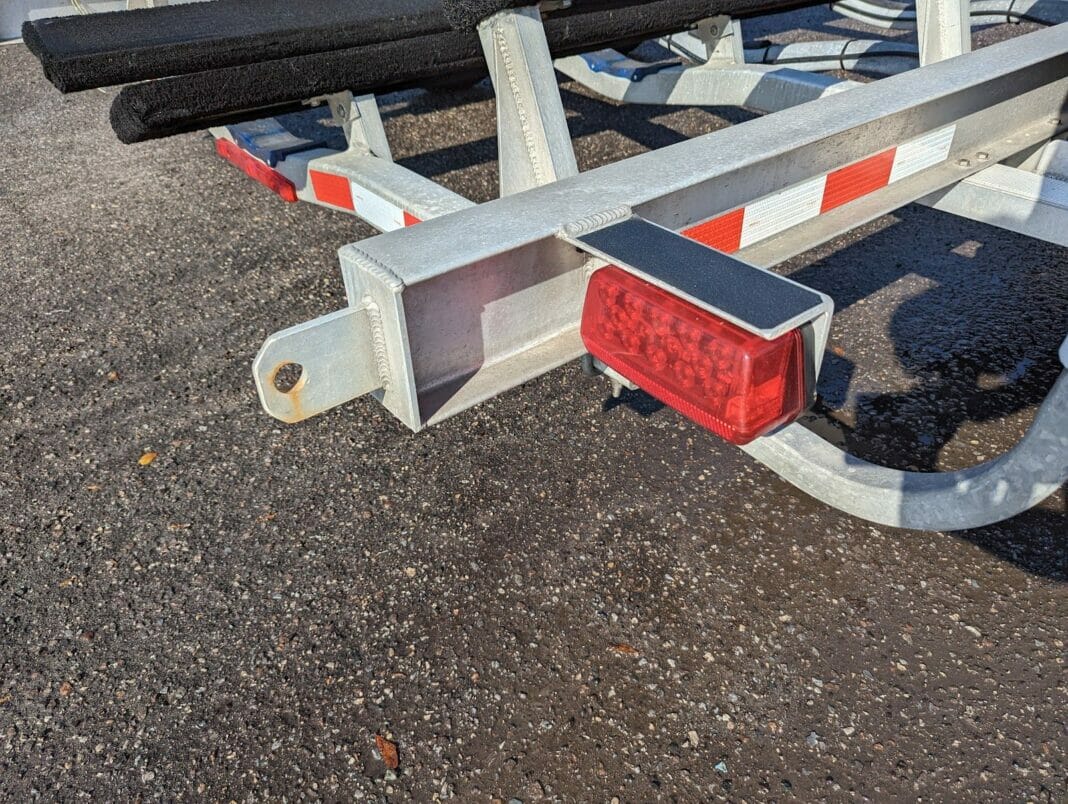Trailers are an indispensable tool for many individuals and businesses, primarily used for transporting goods and materials. However, regular use can wear out the various components of a trailer, including lights and tires. Proper maintenance and care can ensure the safety of the goods being transported, avoid unnecessary repair costs, and extend the lifespan of the trailer. This article will provide essential maintenance tips to keep your trailer in optimal condition, focusing on the importance of proper lighting for safety and visibility.
Regular Inspection and Maintenance
To ensure that your trailer remains in optimal working condition, inspect each component regularly, and conduct routine maintenance. Regular inspection and maintenance can help to identify issues early and avoid damages or breakdowns. Some essential aspects of trailer maintenance include:
Tires and Wheels
- Inspect for wear, damage, or defects on tires, wheels, and lug nuts.
- Ensure that the tire pressure is suitable for your trailer’s load.
- Balance and align the wheels, and rotate them as needed for even wear.
- Tighten the lug nuts securely.
Brakes
- Inspect the brake assemblies for issues such as worn-out components or fluid leaks.
- Replace worn brake pads and shoes as necessary.
- Check the brake fluid levels and change them according to the manufacturer’s recommendations.
Suspension and Bearings
- Inspect the suspension components for wear, damage, or defects.
- Lubricate bearings, and replace them as needed to ensure smooth and efficient operation.
Frame and Hitch
- Inspect the frame and hitching mechanism for structural issues or signs of rust.
- Ensure that the hitch and its components are securely fastened.
Trailer Lights
Proper lighting is essential not only for your safety but also for the safety of other drivers. Therefore, it is crucial to install appropriate trailer lights and maintain them. A malfunctioning or missing light can result in reduced visibility or misunderstandable signals for other drivers, leading to accidents or fines.
Types of Trailer Lights
There are different types of lights that you may need to install on your trailer, depending on its size and usage. Some common trailer lights include:
- Tail Lights: These lights serve as brake lights, turn signals, and running lights, ensuring visibility during nighttime or poor weather conditions.
- Marker Lights: These are small lights mounted on the sides of a trailer to provide visibility and outline its dimensions.
- Clearance Lights: Installed on the front and rear corners of the trailer, clearance lights indicate the trailer’s width and height.
- License Plate Lights: Legally required in many jurisdictions, these lights ensure that the license plate is visible at night.
Maintaining and Troubleshooting Trailer Lights
Regularly inspect your trailer lights for any signs of damage, wear, or moisture build-up. Perform the necessary replacements or repairs to ensure proper visibility and safety on the road. Here are some maintenance tips and troubleshooting advice for maintaining your trailer lights:
- Check for Proper Connections: Ensure that your trailer’s wiring harness is connected securely and without any damage. Poor connections can result in flickering, dimming, or non-working lights.
- Inspect Bulbs and Fuses: Regularly examine your trailer’s bulbs and fuses to identify any that are burnt, damaged, or missing. Replace any faulty components promptly.
- Clean Your Lights: Dirt or mud can obstruct the light emitted, potentially reducing visibility. Keep your trailer lights clean to ensure maximum output.
- Address Moisture Issues: Moisture can accumulate in trailer lights and dramatically reduce their efficiency. To address this problem, remove any moisture and thoroughly dry the affected light. Check the rubber seals around the lights to ensure they are in good condition and replace when needed.
- Use Corrosion-Resistant Materials: Routinely inspect your trailer lights for any signs of rust, as this can compromise their structural integrity and cause electrical issues. Use corrosion-resistant materials and coatings, such as dielectric grease, when making repairs or replacements.
Bottom Line
Owning a trailer comes with the responsibility of maintaining it to ensure safety, avoid costly repairs, and extend its lifespan. By regularly inspecting and maintaining essential components such as tires, brakes, suspension, frame, and lights, you can keep your trailer in optimal condition. Remember, safety should be a top priority, and investing in the appropriate maintenance tasks can help you avoid potential accidents or fines.


